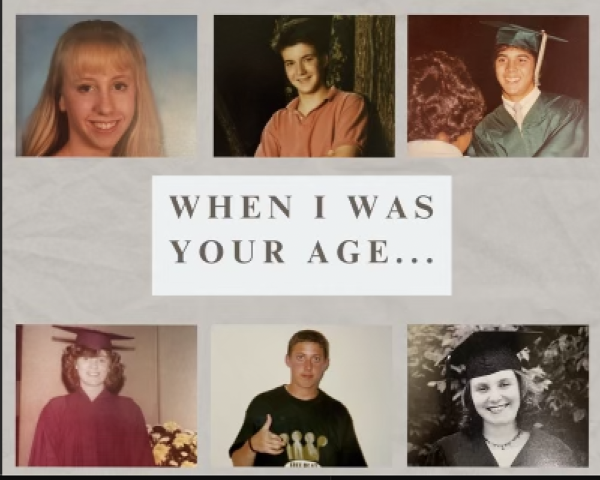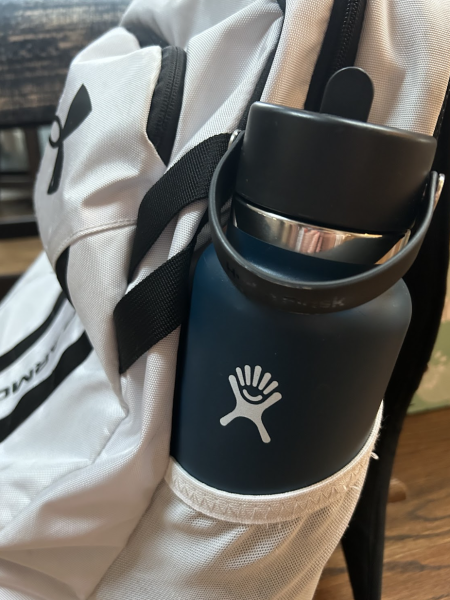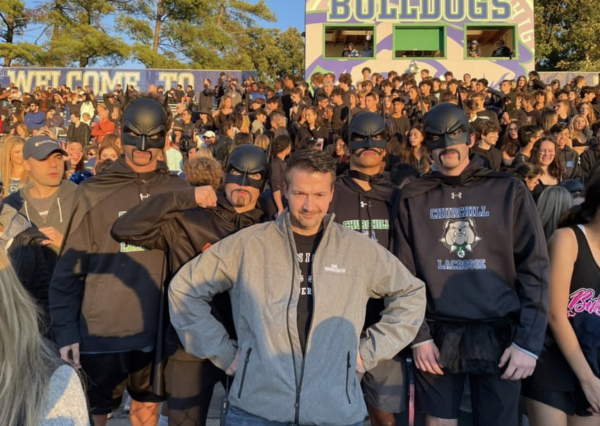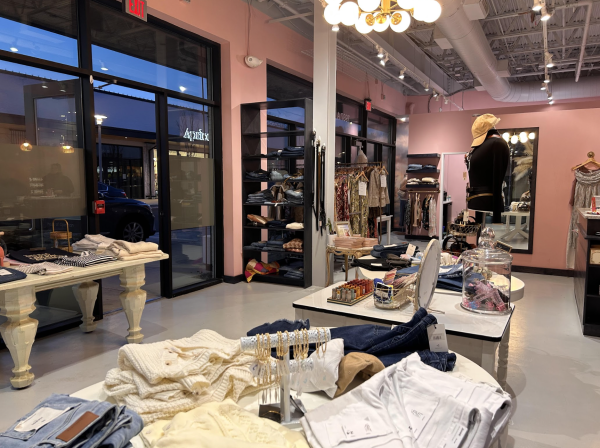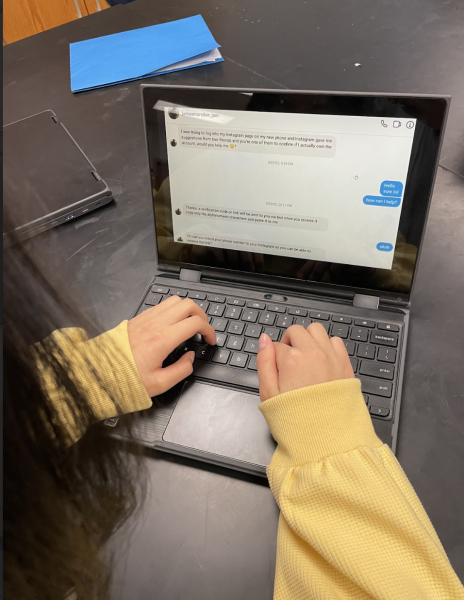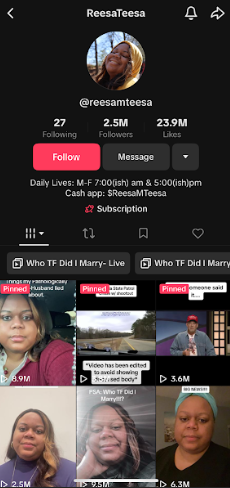It’s going down, I’m yelling Tinder
February 24, 2015
February—the month of love. Technology has taken over so many aspects of our lives in the way we communicate, play and learn. But when it comes to love, do dating apps revolutionize romance or ruin it altogether?
With mobile dating apps like Tinder and Hinge on the market, new options for meeting people open up. These apps use common interests and mutual friends to connect users in the same area.
“These apps help you connect with people that you would not have met before,” said senior Jake, who wished to remain anonymous because he frequently uses Tinder. “However, technology should not mess with love. It should be something personal.”
Dating apps, specifically Tinder, intend to match similar-minded people who live in the same general area together. The minimalistic Tinder profile shows a person’s distance from you, mutual Facebook friends, shared interests and a short biography. This type of e-romance can benefit those who are shy, too busy to go out often, new to an area or looking to meet many new people in a quick and convenient manner.
According to techcrunch.com, a technology news site, Tinder gives its users “only the data they need to develop a meaningful first impression,” which include a potential mate’s geography, age, appearance and feelings about them.
With apps like these, users gauge their impressions of others just based on the few photographs and brief description that users choose to represent themselves with. They then either swipe right to “like” a person’s profile or swipe left to move on to scrutinize the next profile. If two users “like” each other, they will become “matches” and be able to start a conversation.
According to Techcrunch.com, Tinder’s popularity is soaring: it is available in 24 different languages and has over 10 million active users on any given day.
While it can be an easy and innovative way to meet new people in the area, Tinder and similar apps have been criticized for their “shallow, superficial appearance-based matchmaking process,” according to Techcrunch.com.
Furthermore, the way a person presents themselves online is not always a fair representation of who they are in person. There is also the risk of encountering a “catfish,” someone who creates a false online identity in the hopes of luring people into romantic relationships.
“While you get to meet all types of new people, having no background on the person makes it more dangerous,” said junior Emily, who wished to remain anonymous. “My experiences have been both positive and negative. I’ve met some nice people from Tinder and also some who are rather rude.”
While convenient, online dating takes away the Romeo and Juliet-esque “love at first sight” phenomenon, and the classic “chase” of getting to know a potential romantic interest.
“There’s just no spark online,” Jake said. “It takes the heart out of dating.”
A survey of 57 CHS students revealed that 74 percent of students have never used a dating app, and the 26 percent who have used it for harmless entertainment and fun.
“I would not begin a relationship on a dating site, because I value face-to-face interactions, and would not want to be limited or characterized by a picture or profile,” junior Jack Wathieu said. “On the flip side, I wouldn’t want my first impression of someone to be restricted to what they want me to see.”
Out of the 57 students, 25 percent would consider using an app like Tinder for the purpose of starting a relationship, but only 11 percent of the 57 consider meeting a partner online “romantic.”
“I feel like technology is dehumanizing love a bit, senior Ximena Tellez said. “I think people need to use online dating as a last resort to find a significant other, but if they can, they should try to find love wherever they are.”
Technology is great for many purposes, but it should not intrude on love. After all, “We met on Tinder” is no match for the classic “We met at a coffee shop” story.
“You may have preferences you are not even aware of and cannot admit, so I think liking or loving someone is best in person when you can have the goods and the bads in their fullest forms,” Wathieu said.
*Names have been changed to protect the identity of anonymous sources



